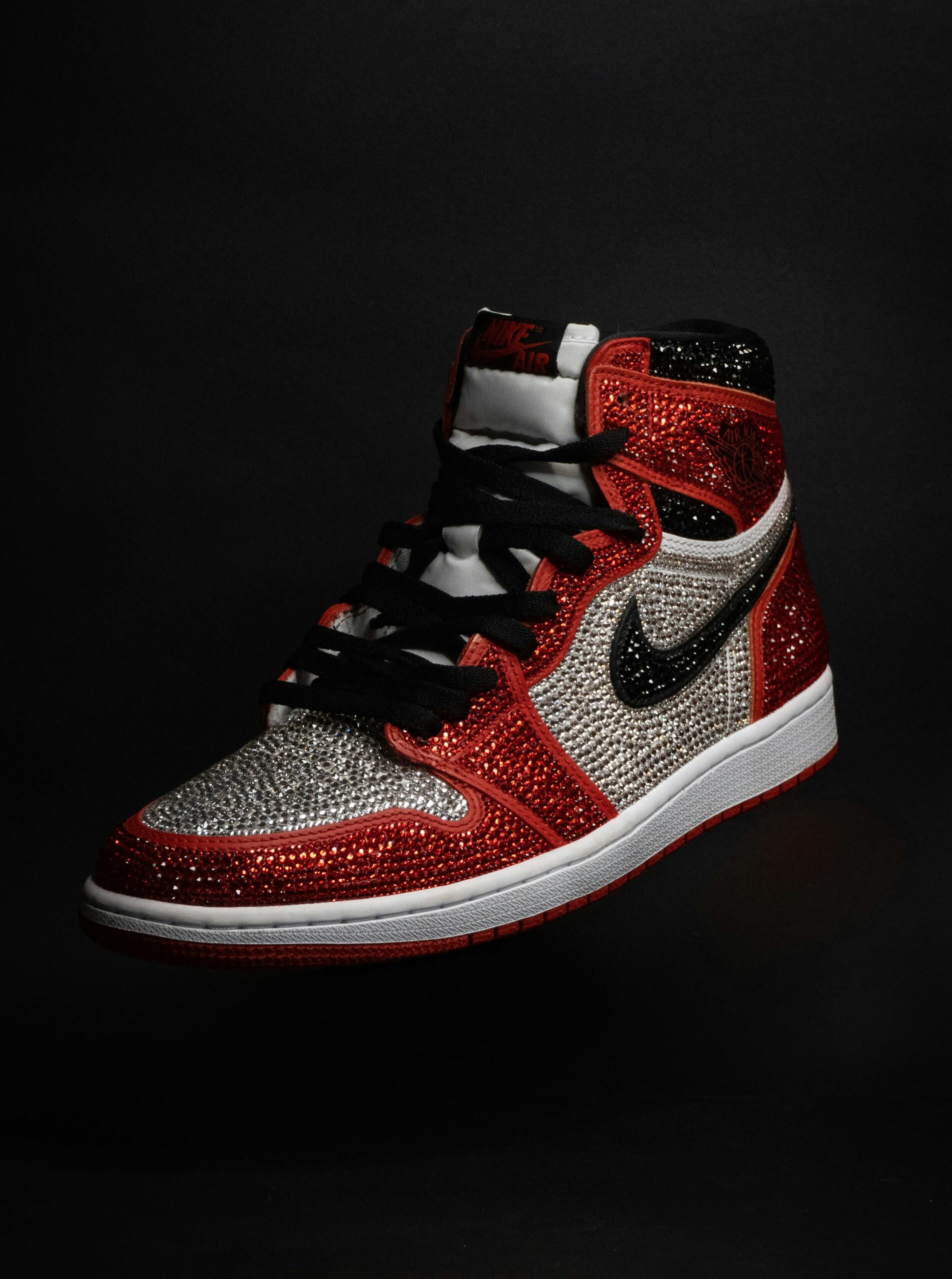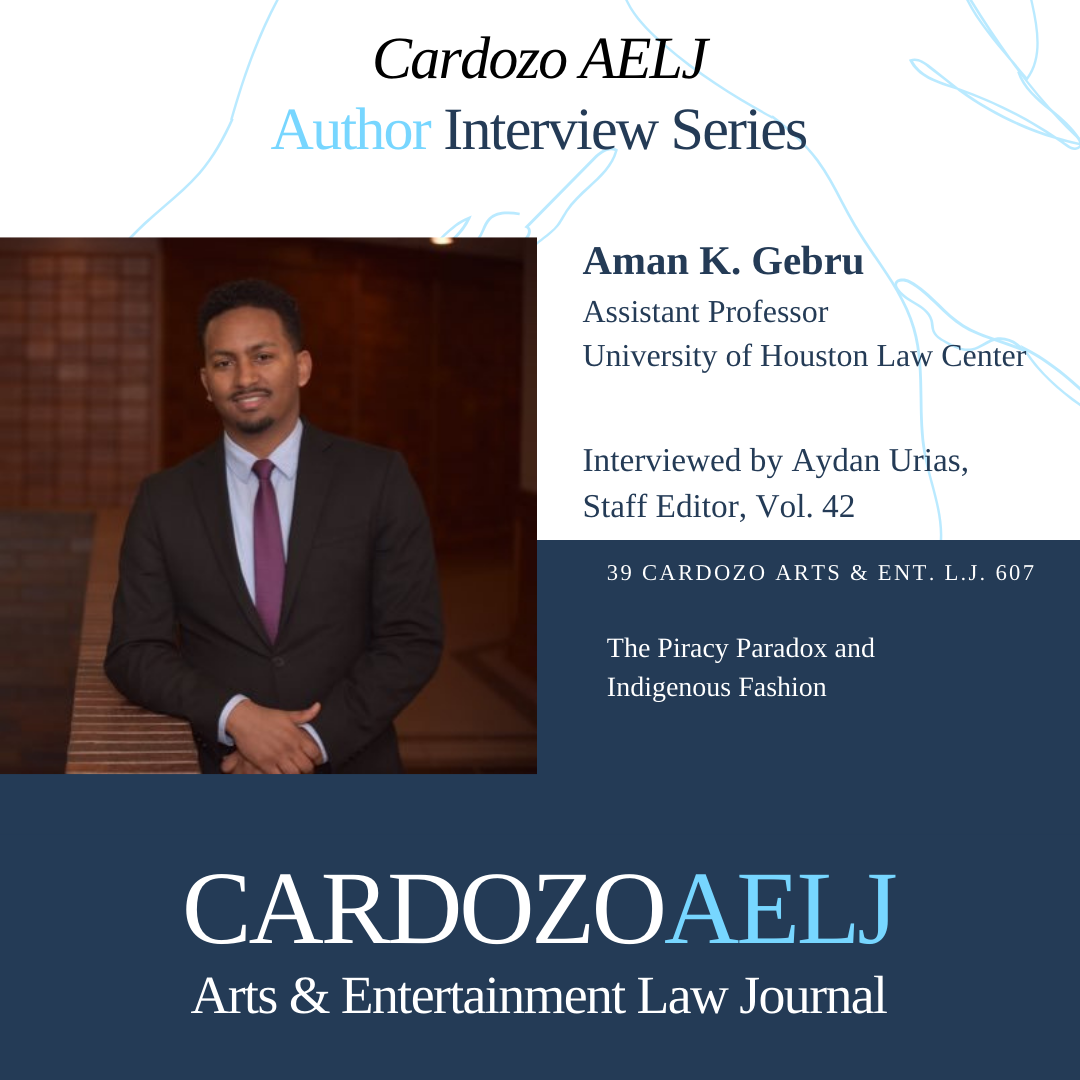The Supreme Court’s ruling this past summer in Matal v. Tam was more than just a decision on the titles that could be used when registering one’s mark, it was also a vindication to those whom slurs have been used against; an opportunity to reclaim the word and change its meaning or at the very least, attach new feelings to it. This was the noble goal underlying lead singer, Simon Tam, of the rock group, “The Slants” action about a decade ago. Tam recalls that growing up “the notion of having slanted eyes was always considered a negative thing…and kids would pull their eyes back in a slant-eyed gesture to make fun of us and I wanted to change it to something that was powerful, something that was considered beautiful.”[1]
Tam took the next step in filing a federal registration on the mark “THE SLANTS,” but was unsuccessful in his attempt in doing so. The Patent and Trademark Office (PTO) denied him his registration based on the Disparagement Clause found in Section 2(a) of the Lanham Act of 1946.[2] This section restricts the “registration of trademarks that may ‘disparage…or bring…into contemp[t] or disrepute’ any ‘persons, living or dead.’”[3] The PTO referenced urbandictionary.com and other sources to reach its conclusion.[4] After appealing his case to administrative agency, but denied, Tam appealed his case to federal court where the disparagement clause was deemed facially unconstitutional under the First Amendment’s Free Speech Clause. The Supreme Court granted review. The issue before the Court was whether the disparagement clause violated the First Amendment’s Free Speech Clause. The Court affirmed the lower court’s decision. The basis for its decision being that trademarks are private, not government speech. In supporting its ruling, the Court rejected the government’s contention equating trademarks to government speeches and thus was an exception to the Free Speech Clause of the First Amendment.[5] Although the Court acknowledge that such an exception exists, it should not be extended to trademarks.[6]
Because the Free Speech Clause…does not regulate government speech, the government is not required to maintain viewpoint neutrality on its own speech. This Court exercises great caution in extending its government-speech precedents, for if private speech could be passed off as government speech by simply affixing a government seal of approval, government could silence or muffle the expression of disfavored viewpoints.[7]
The result of Matal has seen other groups with provocative titles register marks, such as “Hooters on Scooters” or “Dykes on Bikes.”[8] These are groups that want to remove the denigration attached to the words themselves in a fashion similar to Tam. The case has also paved the way for longstanding, controversial names like the Washington Redskins, an NFL Franchise, to keep their names.[9] The name of the team is controversial as many see it as a slur against Native Americans. After the Matal ruling, one could imagine the optimism supporters of the Redskins name felt when a case very similar to their own went before the Supreme Court and won. A win for Matal was in essence a de facto win for the Redskins.[10] When news of the Matal v. Tam ruling was released, Daniel Snyder, the Redskins owner stated, “I am THRILLED. Hail to the Redskins.”[11]
Those who were angered or concerned about the Redskins keeping their name, reflect the broader worry ethnic and minority groups feel the Matal holding will have. That is, potentially offensive or hateful speeches expressed in a registered mark is protected by our government.[12] Justice Alito acknowledge that such may be the case, concluding in Matal “[s]peech that demeans based on race, ethnicity, gender, religion, age, disability, or any other similar ground is hateful; but the proudest boast of our free speech jurisprudence is that we protect the freedom to express the thought that we hate.”[13] Tam’s thoughts to all this? On a Facebook post, he stated, “After an excruciating legal battle that has spanned nearly eight years, we’re beyond humbled and thrilled to have won this case at the Supreme Court. [Matal v. Tam] has vindicated First Amendment rights not only for The Slants, but all Americans.”[14]
Eliza Sayedy is a second-year law student at Benjamin N. Cardozo School of Law and a Staff Editor of the Cardozo Arts & Entertainment Law Journal. She is looking forward to a career in patent litigation.
[1] Angela Giampolo, The Trademark Battle of Nonprofit Dykes on Bikes, The Legal Intelligence: Blog (Nov. 13, 2017), https://www.law.com/thelegalintelligencer/sites/thelegalintelligencer/ 2017/11/13/the-trademark-nonprofit-battle-of-dykes-on-bikes/?slreturn=20171016170135
[2] 15 U.S.C. § 1052(a).
[3] Matal v. Tam, 137 S.Ct. 1744 (2017).
[4] S.M., The Supreme Court says offensive trademarks are protected speech, The Economist: Blog (June 21, 2017), https://www.economist.com/blogs/democracyinamerica/2017/06/mark
[5] https://www.law.com/njlawjournal/almID/1202796632501.
[6] Id.
[7] Id.
[8] Id at 1.
[9] Eugene Volokh, Federal government surrenders in the Redskins case, The Washington Post: Blog (June 29, 2017), https://www.washingtonpost.com/news/volokh-conspiracy/wp/2017/ 06/29/federal-government-surrenders-in-the-redskins-case/?utm_term=.06f00896e160.
[10] Darren Heitner, Supreme Court Ruling Is Great For Washington Redskins In Trademark Battle, Forbes: Blog (June 19, 2017, 10:39 AM), https://www.forbes.com/sites/darrenheitner/2017/ 06/19/supreme-court-ruling-is-great-for-washington-redskins-in-trademark battle /#310baad 13910.
[11] Robert Barnes, Supreme Court: Rejecting trademarks that ‘disparage’ others violates the First Amendment, The Washington Post: Blog (June 19, 2017), https://www.washingtonpost.com/ politics/courts_law/supreme-court-rejecting-trademarks-that-disparage-others-violates-the-first-amendment/2017/06/19/26a33ffa-23b3-11e7-a1b3-faff0034e2de_story.html?utm_term=.34bba548d30c.
[12] Id.
[13] Id. at 3.
[14] Id. at 4.


